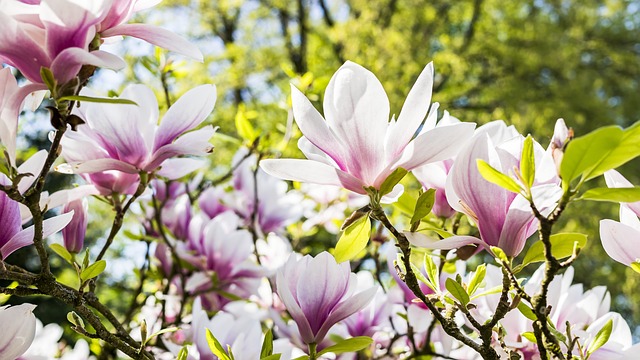Receiving the Gifts and Cultivating the Fruit of the Holy Spirit
Introduction
For the past two months, we have been studying the subjects of the gifts and fruit of the Holy Spirit. In this lesson, we will be trusting God to teach us how to operate in the gifts of the Spirit and to show forth His fruit.
Main Texts: Mathew 25:14-30, Galatians 5:16-18
Spiritual Gifts, Availability, and Commitment
Mathew 25:14-30
The parable of the talents teaches us that if we do not use what God has already given us, we run the risk of losing it. We are always looking for more, but what are we doing with what we already have? God forbids that the little responsibility we have is given to someone else. When God looks into His church and sees needs, He looks around for available vessels and fills them in order to meet the needs. Why should the Holy Spirit endow us with His gifts if we are not available to use them? As the master in the parable was away for quite a while, for enough duration for the servants to do business and make good profits, only God knows how long He has been waiting on us to start doing more with what we have. The following are worthy of note:
- Use what you have now, be available and be committed.
- God knows us and we are responsible to Him. The unprofitable servant was unhappy because he was entrusted with little. But he failed to realize that the master knew his ability. In fact, all the servants were given a little (Mat 25:21,23).
- Be humble. The servant with one talent was arrogant. Why would a servant talk to his master in the manner he did, saying his master wanted to reap where he had not sown. The hope is that we are not doing the same.
- The reward for hard work is more work (Mat 25:28-29) but God will reward us (Heb 11:6) and will not forget how hard you have worked for Him (Heb 6:10 NLT).
Love is a More Excellent Way
1 Corinthians 12:27-31, 1 Corinthians 13, 1 Corinthians 14:1
Given the choice of receiving all the gifts of the Spirit and receiving the ability to love, would you go for the gifts rather than love? After Paul enumerated the gifts and even encouraged believers to earnestly desire the best, he went ahead to show a more excellent way – pursue love and desire spiritual gifts, but especially that you may prophesy (1 Cor 14:1).
Cultivating the Fruit of the Spirit
The components of the fruit of the Spirit are not a to-do list. We grow into them as we live in the Spirit. They are traits that we develop as we continue in our walk with the Holy Spirit. If we live in the Spirit, let us also walk in the Spirit (Gal 5:25).
The Father is looking for those who will worship Him in truth and in Spirit. The flesh accomplishes nothing, it is the Spirit that gives life. The fruit of the Spirit is not to be cultivated or attained by human effort, any more than we can attain salvation by our strength.
What Does it Mean to Walk in the Spirit?
We walk in the Spirit when we align our lives with the Holy Spirit, letting Him take the lead and we, simply willing to follow. The more we do that, the more the fruit of the Spirit finds expression in us. Who instructs us to love? Who teaches us to refrain? Who guides us to peace? There is no formula or method that would work. The fruit is of the Holy Spirit and only Him can guide us in them.
- You already live in the spirit (Rom 8:9)
- Love fulfils the law, walk in love (Gal5:13-15)
- Depend on the Holy Spirit, not on your understanding. He will teach you all things (John 14:26)
- Be spiritually-minded (Rom 8:1-8)
- Walk in the Spirit and you will not fulfil the desires of the flesh (Gal 5:16-18)
Conclusion
Let us take active steps and measures. This is a call to action, it is a call to take up the responsibility for our spiritual growth and not live as one who is unwise, but as one who knows the hope of his calling and his inheritance in Christ. We are people on a journey. Though we live in this world, we do not belong in this world; our commonwealth is in heaven. Let us have the consciousness of who we are. If we live in the Spirit, let us walk in the Spirit.

